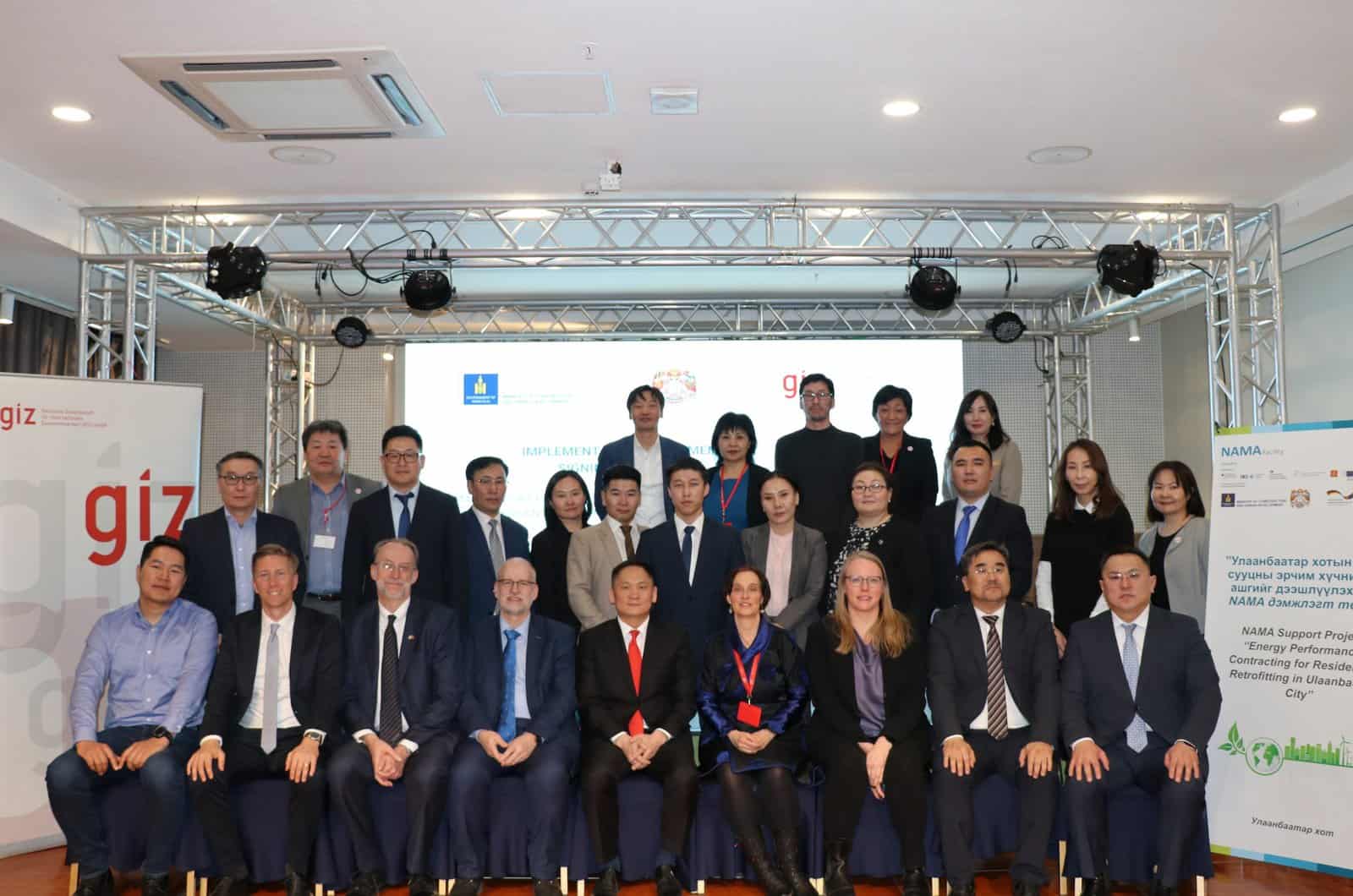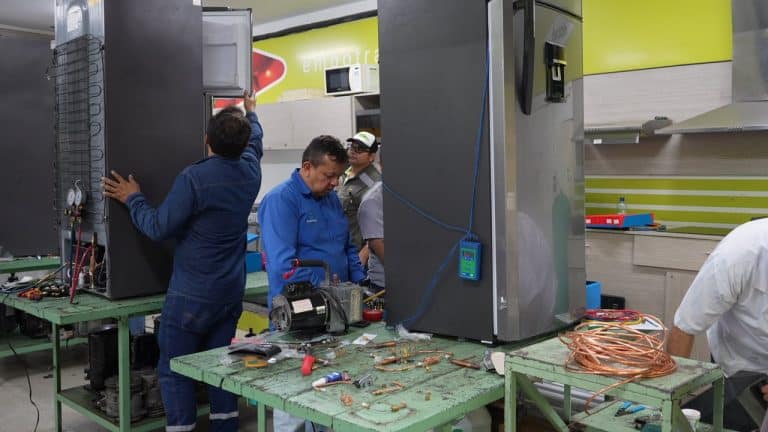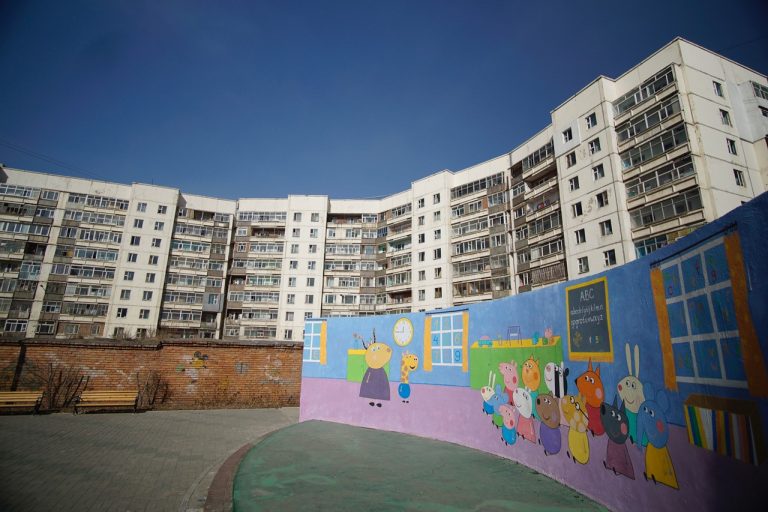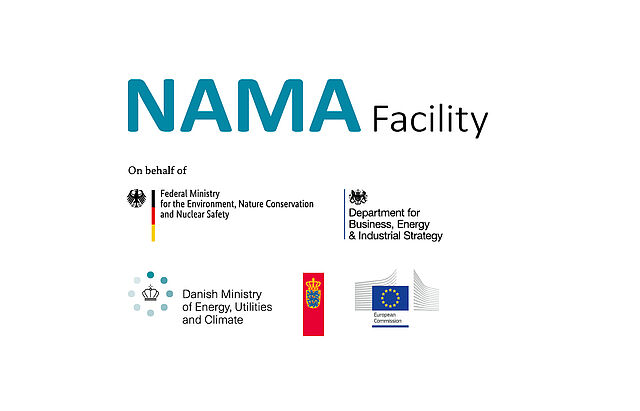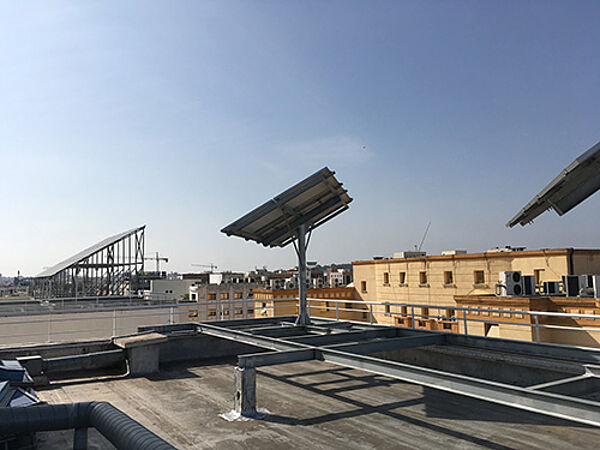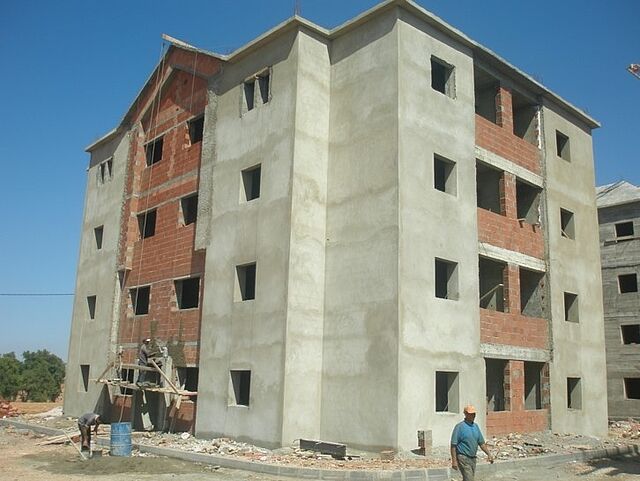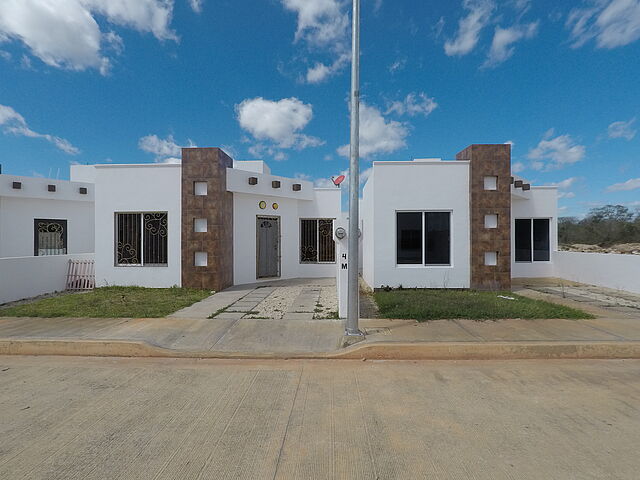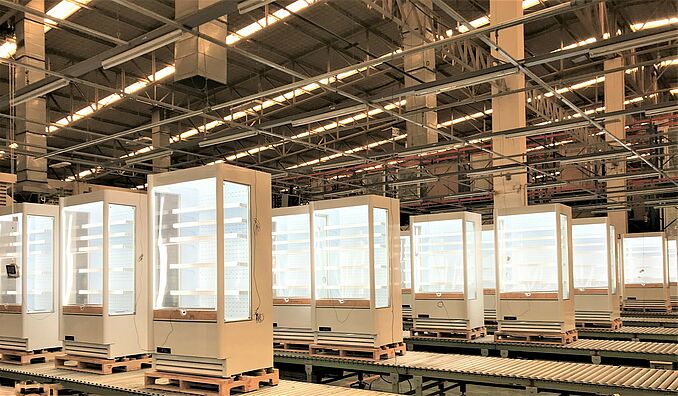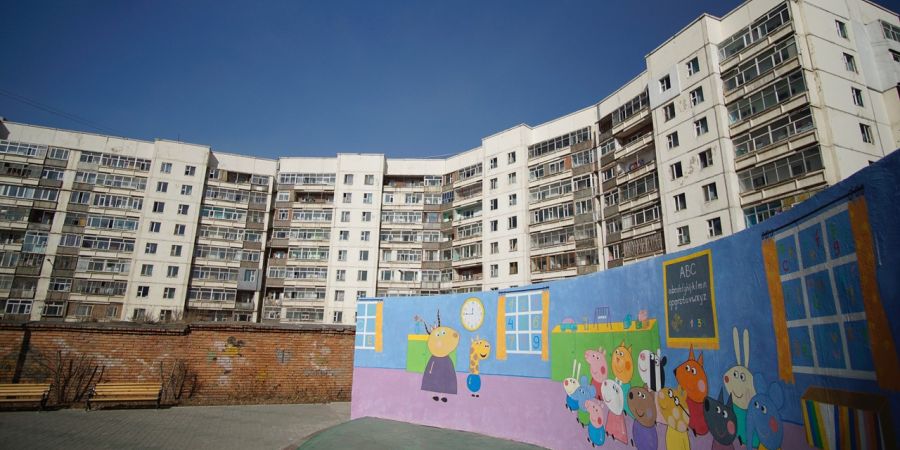
Background: Ulaanbaatar, the world’s coldest capital, is home to half of Mongolia’s population. Approximately 20% of the population lives in precast apartments, which represent 30% of the city’s building inventory. After 50 years of use, the insulation of these buildings is inadequate. Improving the energy efficiency of these buildings is a priority for the sector and the updated Mongolia’s nationally determined contribution (NDC). However, the country’s transition to a low-carbon development pathway remains constrained due to several technical, financial, policy and institutional barriers.
Approach to Transformational Change: The “Mongolia – Energy Performance Contracting for Residential Retrofitting in Ulaanbaatar City” project is designed to jump-start a large-scale thermo-technical retrofitting (TTR) program and create the market conditions to scale up investments in energy efficiency.
An estimated 14,068 households (over 53,000 residents) living in 375 precast building blocks will directly benefit from the project through improved thermal comfort and indoor air quality as well as increased value and lifespan of the buildings. Additional training and awareness-raising activities will benefit key stakeholders, including construction companies, homeowners’ associations, the Municipality of Ulaanbaatar (MUB), the Housing and Public Utilities Authority and Ulaanbaatar District Heating Company. Additionally, the project will provide policy guidance and advocacy to support a heat tariff reform in Mongolia.
The project will initiate the first-ever energy performance contracting model in the country for the energy efficient retrofitting of residential buildings. This is to be steered by a set of financial support mechanisms, including a blended fund to pool financial resources together for energy efficient retrofitting and the introduction of a Standard Offer Programme that functions like a feed-in tariff for energy saving. EUR 11 million will be used as grants to de-risk the business models of construction companies performing the TTR. The project leverages EUR 15.4 million of public co-funding and another EUR 5.6 million from the private sector during project lifetime.
Mitigation potential: The project aims to directly mitigate 2.4 Mt CO2e over the lifetime of its interventions at a cost efficiency of 15 EUR/tCO2e plus an additional 2.3 Mt CO2e of indirect emissions will be mitigated due to continuous retrofitting efforts.

